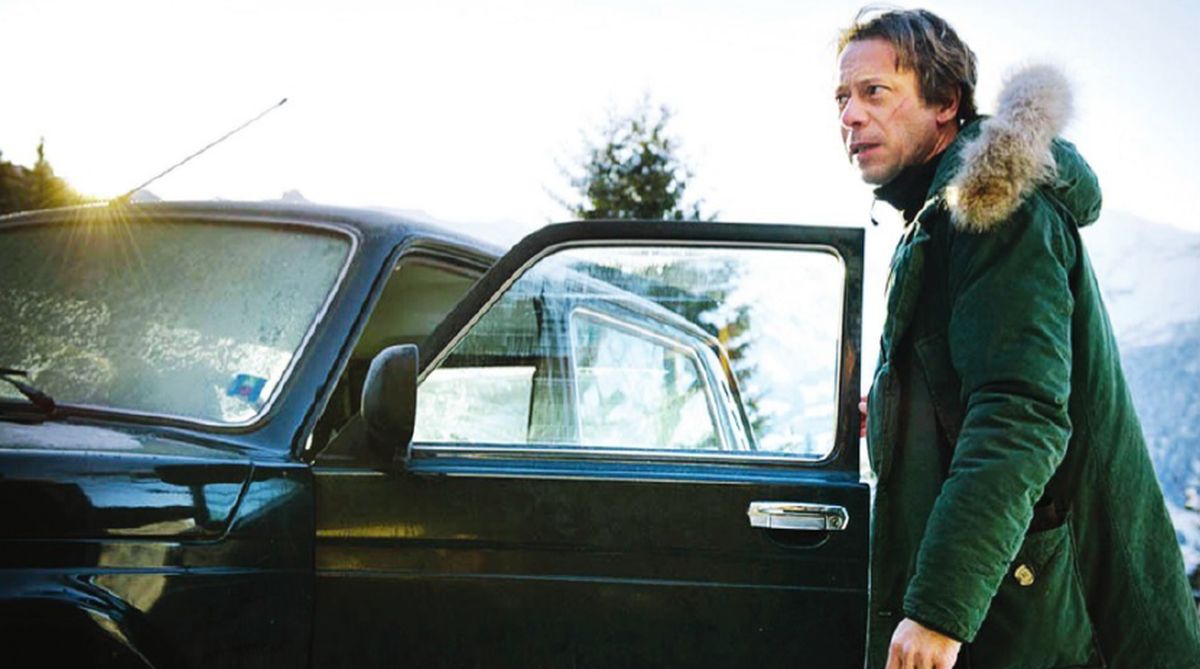Every new session on contemporary French cinema, like the one presented by the Forum for Film Studies and Allied Arts at Nandan, revives telling memories of the search for the New Wave during the best years of the film societies. The memories include long queues outside Rabindra Sadan in Kolkata of film lovers wanting tickets for a retrospective of Jean Luc Godard.
That was the time when the Directorate of Film Festivals had been circulating the Filmotsavs and it was time to hold a major event in Kolkata. Film societies had also been offering a steady flow of the nouvelle vague. It was not just Francois Truffaut’s 400 Blows, Jules and Jim and Day for Night and Godard’s Breathless, Pierrot le Fouand Two or Three Things I Know About Her but also the work of a galaxy of masters —Claude Chabrol, Eric Rohmer, Louis Malle, Robert Bresson and Marguirite Duras.
Advertisement
These filmmakers had individual styles that were debated at great length. Bresson presented his unique brand of non-acting that was lapped up by cerebral exponents of the form like Mani Kaul. Godard threw up complexities in his treatment that often left film society activists puzzled. That did not deter them from pursuing his films with an intensity that has gradually weakened even after the emergence of film study courses in universities. But, till today, the French New Wave tells the unique story of a group of critics attached to the Cahiers du Cinema reinventing themselves as filmmakers and exploring the craft with exciting variations.
The craft has now been spread in different directions after the arrival of new technology. But there are landmarks that survive. There are few who would not like to return to the stunning experience of Alain Resnais’s Hiroshima mon Amour, which was enriched by the genius of Marguerite Duras’ experimental screenplay and went on to fetch an Oscar nomination.
Quite apart from experiments, there were comedies, crime, social drama and keen observations on human conduct that became reference points of filmmakers even in India. Aspiring directors from distant countries like Iran, Egypt, Zambia and even Bangladesh have, in later years, seen France as having the most ideal climate for learning the craft and later working with the creative freedom that was perhaps not possible back home.
The French cinema itself has thrived on its own credentials. While most filmmaking countries in Europe have had to cope with the overwhelming power and market strategies of Hollywood, France has managed to produce more films than its partners in the European Union. The Cahiers group belongs to history but it has been replaced by a younger group with a wealth of new ideas. The Cannes film festival remains the biggest occasion for both business and creative concerns with a healthy competition for the Palme d’Or that has survived for more than 60 years. There is an endless flow of co-productions originating in France. The story of Pather Panchali at Cannes has been told many times over and Satyajit Ray’s French connection survived till Shakha Proshakha, which was co-produced by a French team headed by actor Gerard Depardieu.
All this makes a fresh look at contemporary French cinema quite relevant. A small package of new films indicated the manner in which attention has shifted to the new generation that claims attention 40 years after the New Wave had run its course with great success. This new generation has seen filmmakers like Claire Denis, Bruno Dumont and Gaspar Noe becoming the new catalysts while focusing on families, friendships, couples and partnerships that have acquired new complexities in the new era of desperate ambitions.
The trio did not figure in the last session presented in Kolkata. What came instead was an exciting reflection of the new trends. Vincent is about a superhero whose skills are revealed when he comes into contact with water. He is finally exposed and decides to run away much like the shady characters that abound in the world of cruel ambitions.
This is evident in Love is the Perfect Crime that deals with a complex web of relationships built around a teacher and his students. The treachery perpetrated on a young and unsuspecting woman is somewhat familiar. Where the film excels is in its elegant treatment. The script revolving around the fragile nature of human relationships —the underlying theme of many films —demonstrates sheer energy and that is good enough to sustain interest.
On another level is a film like Love Battles in which a woman who returns to her native village after her father’s death runs into a storm of physical and psychological encounters after she meets a man with whom she embarks on extraordinary personal conflicts.
The complexities of relationships extend to Two Friends where the arrival of a third person results in a tragi-comic ménage a trois and Augustine where the encounters between a doctor and a beautiful patient take unexpected turns. These films along with In the Name of My Daughter, again about love and betrayal, have been screened at festivals ranging from Cannes to Sydney. It could revive a steady interest in the new French cinema and go on to produce healthy ripples in India.











